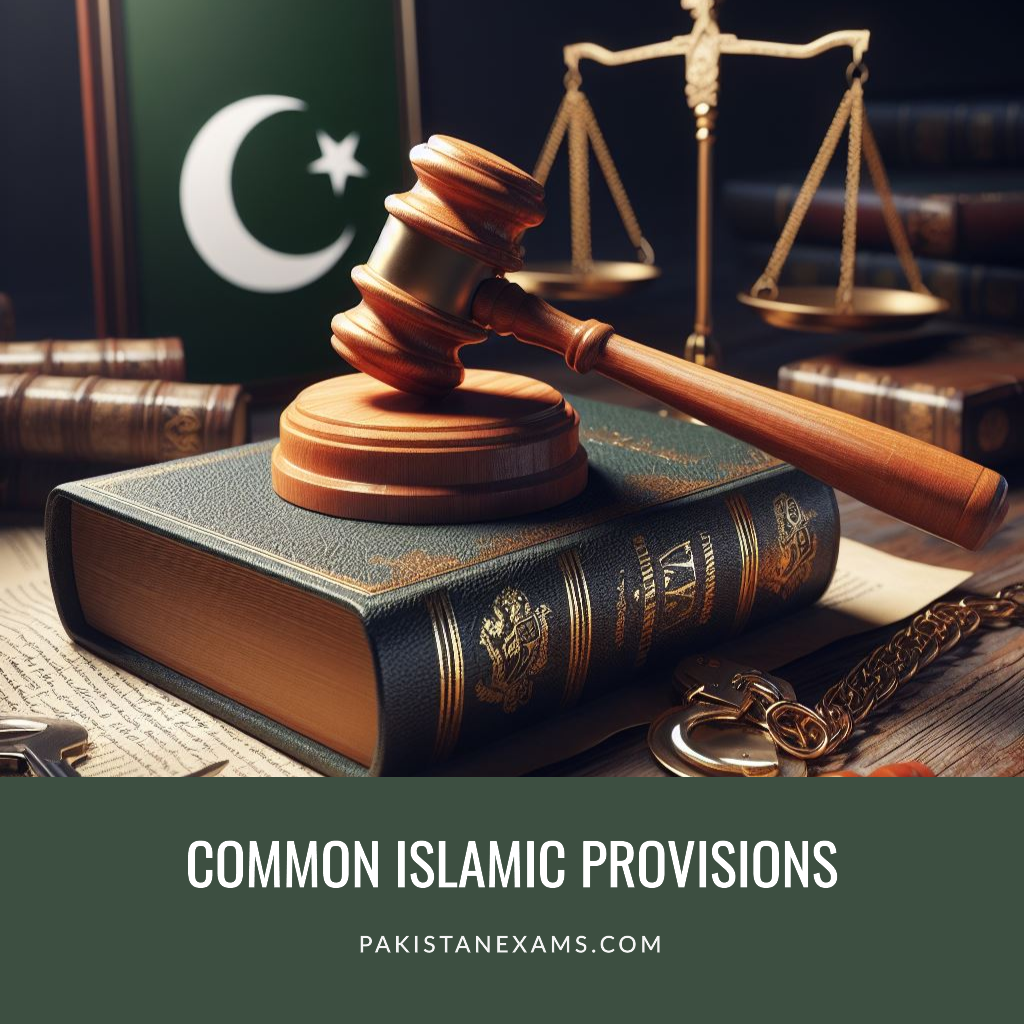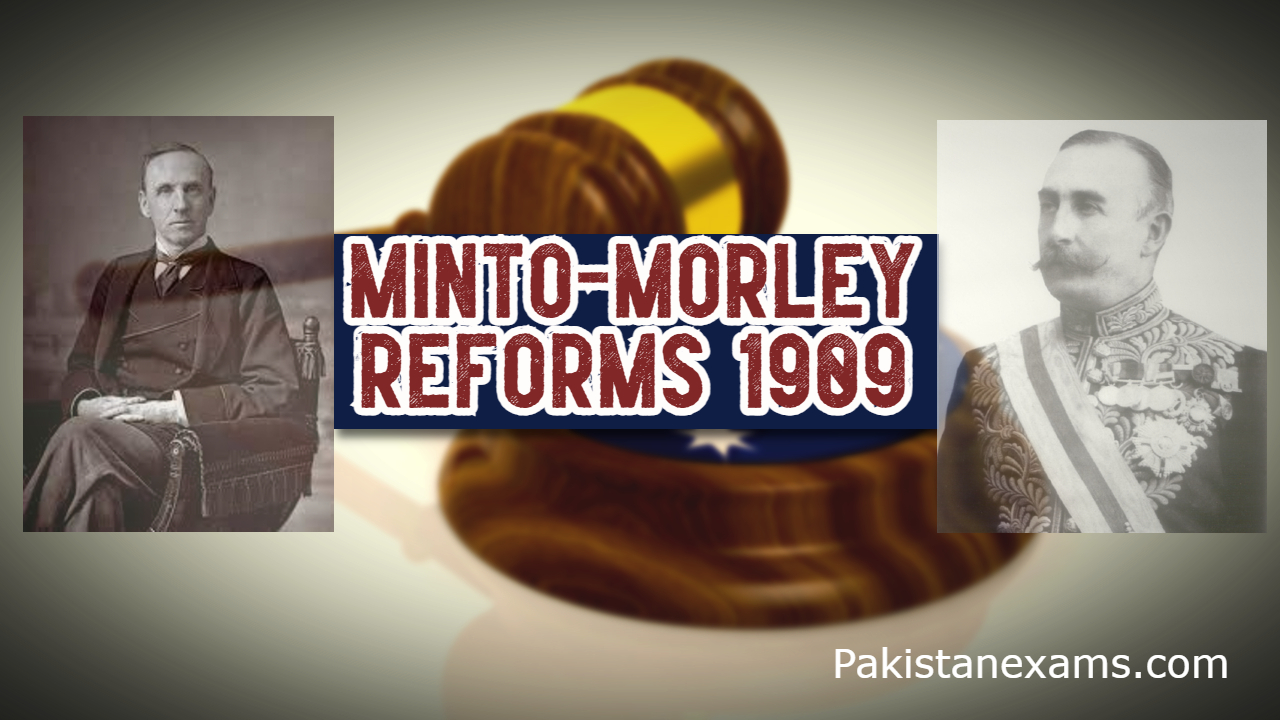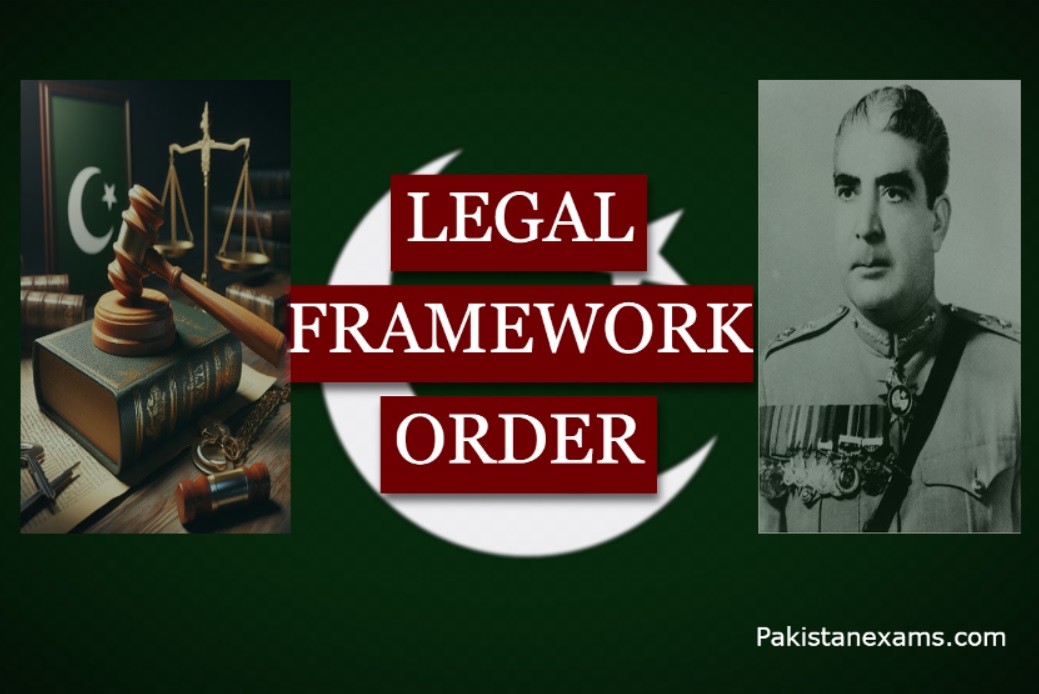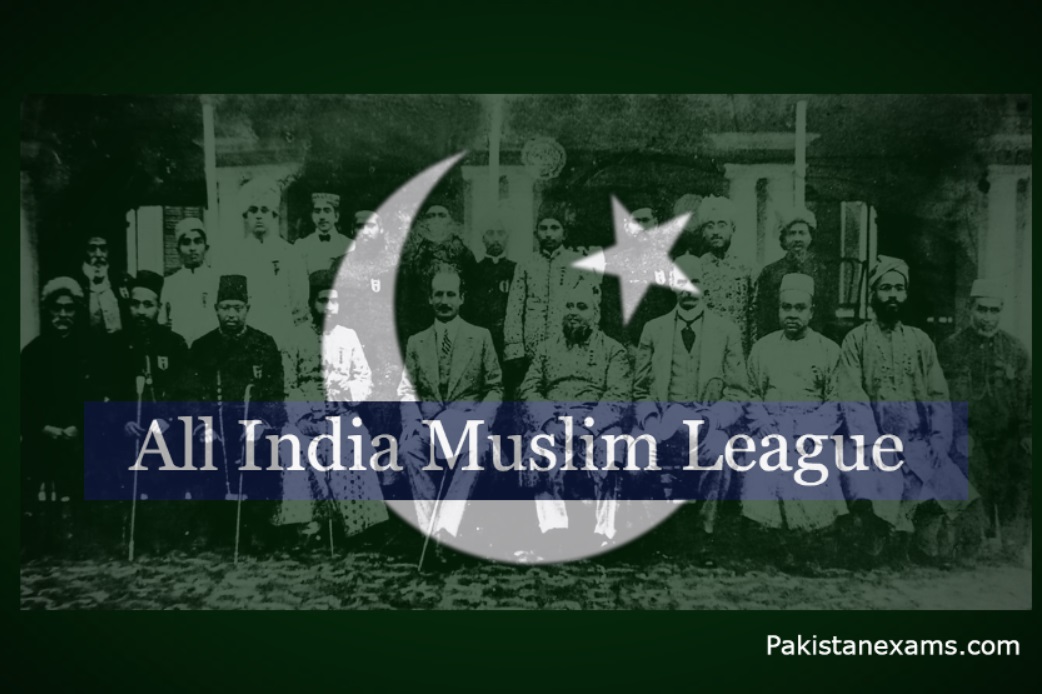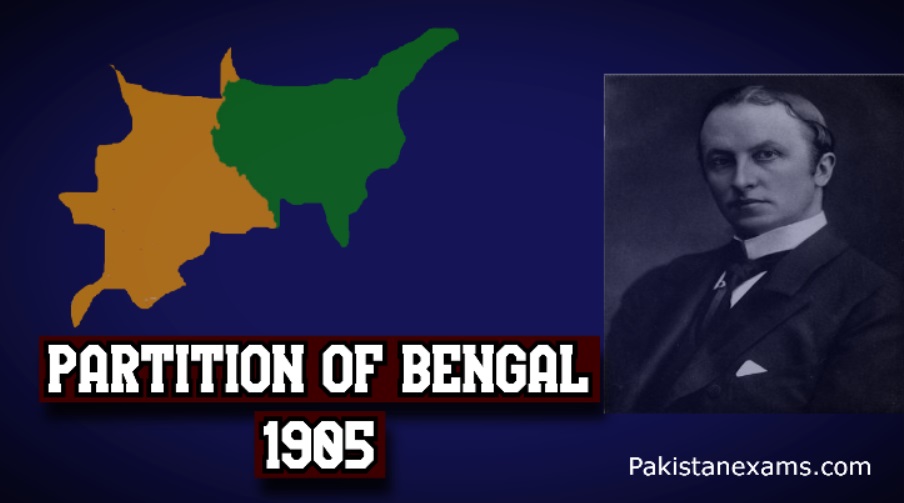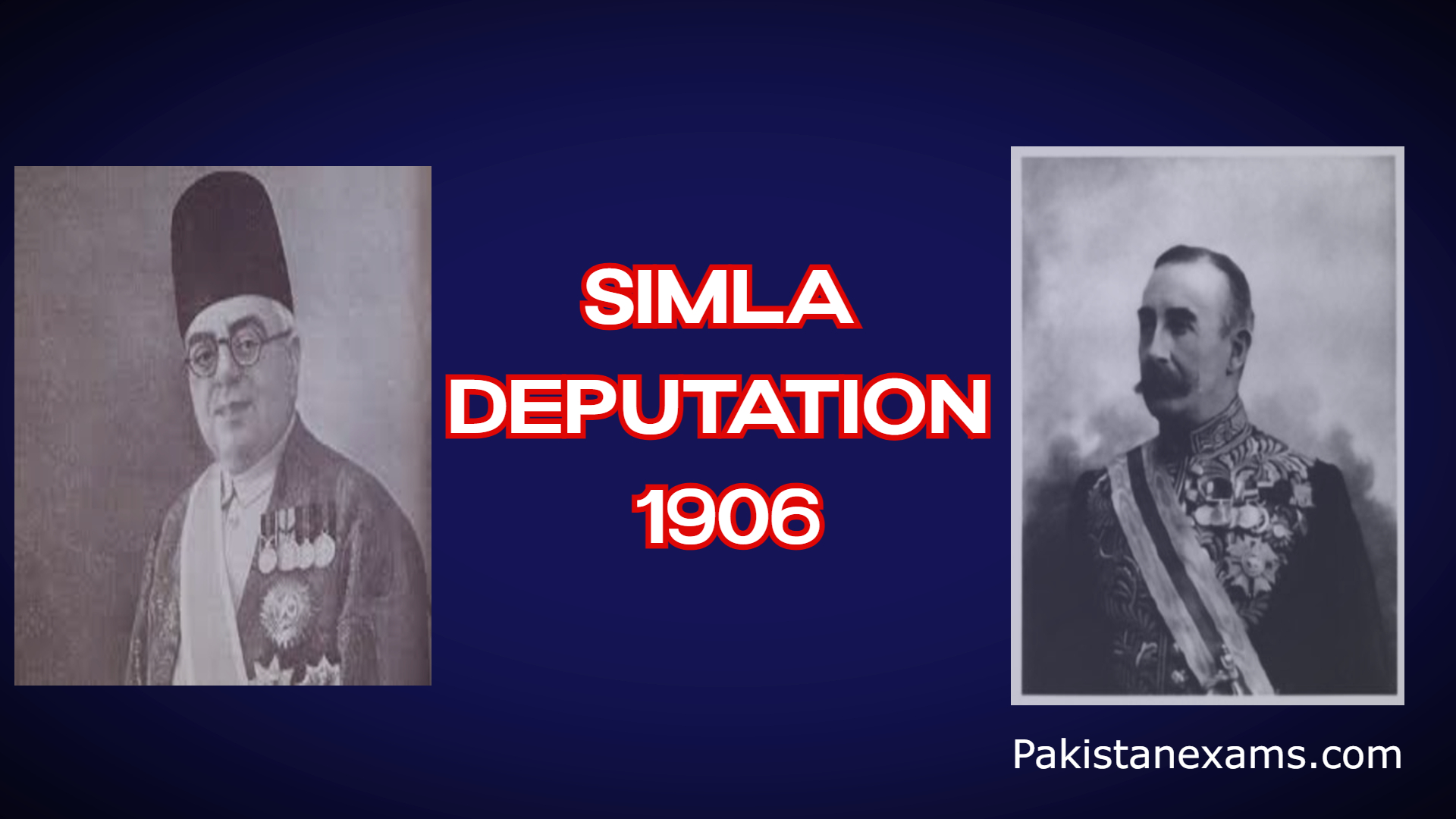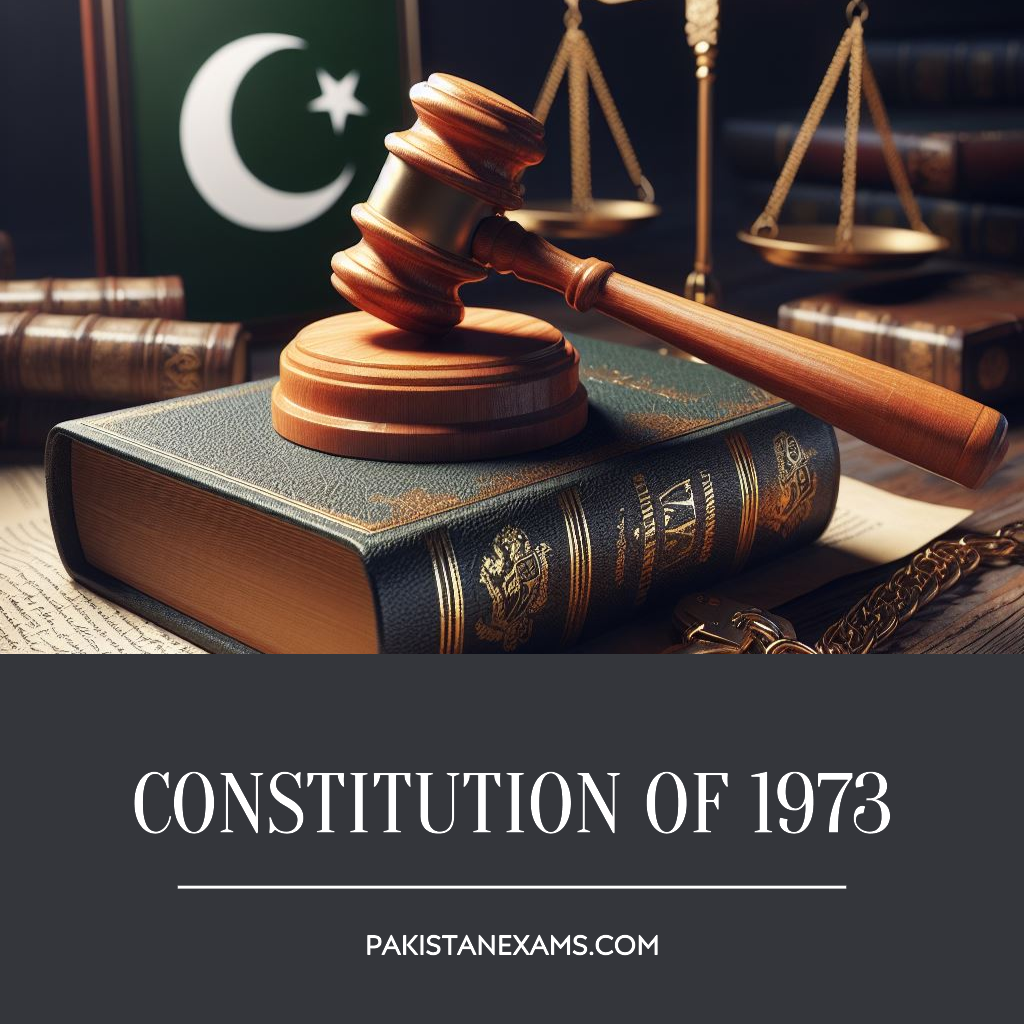Islamic Principles in the Pakistani Constitutions: A Historical Perspective
Introduction Pakistan emerged as an Islamic state. The Muslims of the subcontinent struggled for it day and night. After the many difficulties and sacrifices of thousands of Muslims, on August 14th,1947 Pakistan became independent from British India. The foundation of the country is laid down on the principles of Islam, so the constitution of the […]
Read More »
